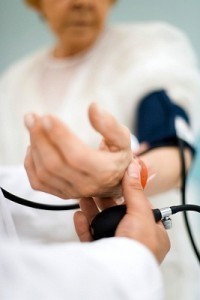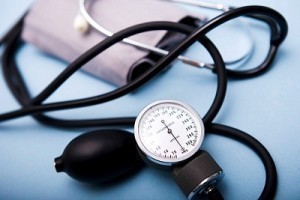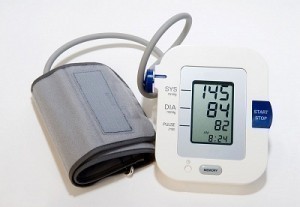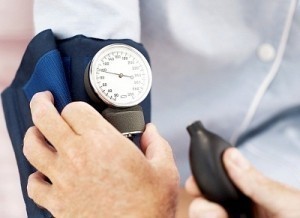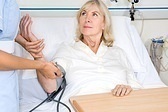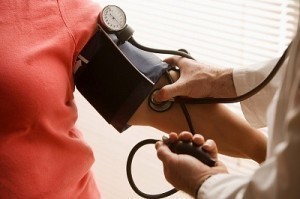High Blood Pressure Symptoms
Also known as hypertension, high blood pressure is a physiologic state characterized by a sudden or recurrent increase in blood pressure. This medical condition is classified into two, namely essential hypertension and secondary hypertension. The first classification shows that the condition is not caused by any disease while then second classification shows that the elevation in blood pressure is caused by serious or chronic illnesses such as adrenal adenoma or kidney disease. If this condition is not detected and treated at its early stage, it can lead to complications like chronic renal failure and aneurysm. To diagnose the condition, it is important that patients know the minor and major high blood pressure symptoms.
High Blood Pressure Signs
The minor signs of high blood pressure include severe headache, vision problems, chest pain as well as fatigue. Patients should watch out for the major symptoms of high blood pressure because it can cause further medical problems. Some of the major signs of this medical condition are severe and sharp pain in the chest, irregular heartbeat, pounding in the ears and neck. Above all, patients suffering from hypertension can also see blood in their stool. If any of the signs mentioned above are present, it is necessary that patients ask immediate assistance from their physicians.
High Blood Pressure Diagnosis
To assess if the condition experienced by patients is acute or chronic, physicians usually perform several diagnostic tests. The procedures start with physical examination and medical history of the patient. Some of the questions that physicians ask are previous surgeries, cardiac diseases and respiratory illnesses. Health professionals also measure the blood pressure of patients with the use of sphygmomanometer. To patients who experience recurrent hypertension should have home blood pressure monitoring kits so that they can examine their blood pressure on a regular basis.
High Blood Pressure Treatment
Hypertension can be treated by taking antihypertensive medicines that have lisinopril, quinapril and enalapril. Aside from the medicines, patients are also advised to change their lifestyles to improve their health condition. Lifestyle modifications include changes in daily diet and regular exercise. Patients should avoid eating oily foods since these can trigger high blood pressure. When it comes to alternative treatments, patients can try acupuncture. Other treatments include eating foods made from soy and drinking water pills or diuretics. Moreover, angiotensin coenzyme inhibitors, beta blockers and calcium channel blockers are also very helpful in decreasing or lowering blood pressure. Before taking these, it is necessary that patients seek assistance or consult with their physicians.
For more information read:
